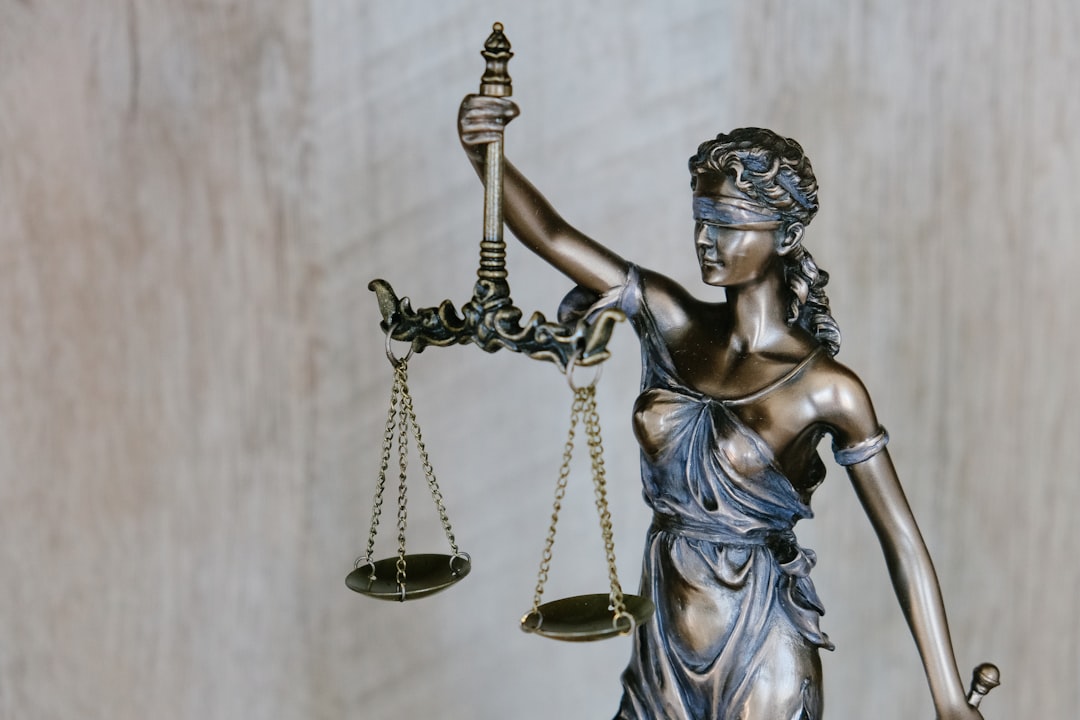In modern law offices, law office equipment plays a vital role in efficient case management and client service. Essential items include digital scanners, high-speed internet, secure video conferencing tools, robust computer systems with legal software, reliable communication devices, ergonomic furniture, and fire-resistant storage. Investing in these ensures streamlined workflows, compliance, and a professional environment. Video conferencing has become crucial for remote interactions, enhancing collaboration among geographically dispersed professionals. Advanced security features protect sensitive data, while future trends focus on smart displays and AI automation to revolutionize legal conference rooms.
In today’s digital age, a well-equipped legal conference room is an indispensable asset for any successful law firm. This comprehensive guide delves into the essential law office equipment needed to enhance productivity and client interactions. From understanding the core components to choosing cutting-edge technology and ensuring robust privacy measures, this article navigates the key aspects of setting up optimal legal conference rooms. Discover how video conferencing is transforming modern legal practices and explore future trends shaping the landscape of law office equipment.
- Understanding Essential Law Office Equipment
- Choosing the Right Technology for Legal Conferences
- The Role of Video Conferencing in Modern Law Firms
- Enhancing Privacy and Security Measures
- Future Trends in Legal Conference Room Setup
Understanding Essential Law Office Equipment
In any modern law office, having the right equipment is paramount for efficient case management and client service. Essential law office equipment includes digital document scanners, high-speed internet connections, secure video conferencing tools, and robust computer systems with specialized software for legal research and case management. These tools streamline workflows, enhance collaboration, and ensure compliance with ethical standards and data privacy regulations.
Furthermore, reliable communication devices such as landlines, mobile phones, and voice over IP (VoIP) services are vital for prompt client interactions and court proceedings. Additional considerations include ergonomic furniture to promote employee wellness and a secure, fire-resistant storage system for valuable documents and legal records. Investing in these fundamental law office equipment ensures a productive, efficient, and professional work environment.
Choosing the Right Technology for Legal Conferences
Selecting the appropriate technology is pivotal when equipping a legal conference room, aligning with the specific needs of law offices. Modern law practices require tools that facilitate seamless communication and efficient case management. The right tech stack can transform meetings into productive sessions, enhancing collaboration among legal professionals and clients alike.
High-definition video conferencing, for instance, ensures clear visual interaction, enabling face-to-face connections despite geographical distances. Integrated document sharing platforms allow real-time access to legal documents, simplifying the review process. Additionally, advanced audio systems with noise cancellation ensure every participant can contribute clearly, enhancing overall meeting quality. These considerations form the backbone of an effective law office equipment setup, fostering a productive and connected legal environment.
The Role of Video Conferencing in Modern Law Firms
In today’s digital era, video conferencing has become an indispensable tool for modern law firms, revolutionizing the way legal professionals conduct business and interact with clients. This technology allows for face-to-face communications across vast distances, enabling lawyers to participate in meetings, depositions, and even trials remotely. With advanced law office equipment, such as high-definition cameras, robust internet connections, and noise-canceling microphones, video conferencing has enhanced the efficiency and accessibility of legal services.
The integration of video conferencing into law firm operations offers numerous benefits. It facilitates remote collaboration among attorneys scattered across different locations, streamlining case preparation and strategy meetings. Moreover, it provides a cost-effective alternative to travel, saving time and resources for both the firms and their clients. As technology continues to evolve, law offices that embrace video conferencing and other cutting-edge legal equipment are better positioned to stay competitive and deliver top-tier legal services.
Enhancing Privacy and Security Measures
In today’s digital age, enhancing privacy and security measures is paramount in any professional setting, especially within law offices and conference rooms. Law office equipment should prioritize advanced security features to safeguard sensitive information exchanged during discussions. This includes state-of-the-art encryption technologies that protect data both at rest and in transit, ensuring no unauthorized access or interception.
Implementing robust privacy controls such as biometric access, secure video conferencing software, and noise-canceling technology ensures that confidential conversations remain private. These measures create an inviolable space within the conference room, fostering trust among participants and aligning with legal industry standards for data protection.
Future Trends in Legal Conference Room Setup
The future of legal conference rooms is poised for a technological transformation, driven by advancements in law office equipment. One prominent trend is the increased adoption of smart, interactive displays that facilitate seamless collaboration and presentation. These screens, often integrated with advanced audio-visual systems, enable real-time sharing of documents, allowing attorneys to engage clients and colleagues more effectively during meetings and depositions.
Additionally, the integration of AI and automation in legal conference room equipment is set to streamline various processes. From automated transcription services that provide accurate, instant minutes of meetings to intelligent scheduling systems that optimize room usage, these innovations aim to enhance efficiency, reduce administrative burdens, and create a more dynamic and user-friendly environment for legal professionals.
As we’ve explored, equipping a legal conference room with the right technology is key to enhancing efficiency and accessibility for modern law firms. By investing in high-quality law office equipment, from video conferencing tools to robust security measures, practices can ensure seamless virtual interactions while maintaining strict confidentiality. Looking ahead, staying informed about emerging trends in legal conference room setup will enable firms to remain competitive and better serve their clients.
